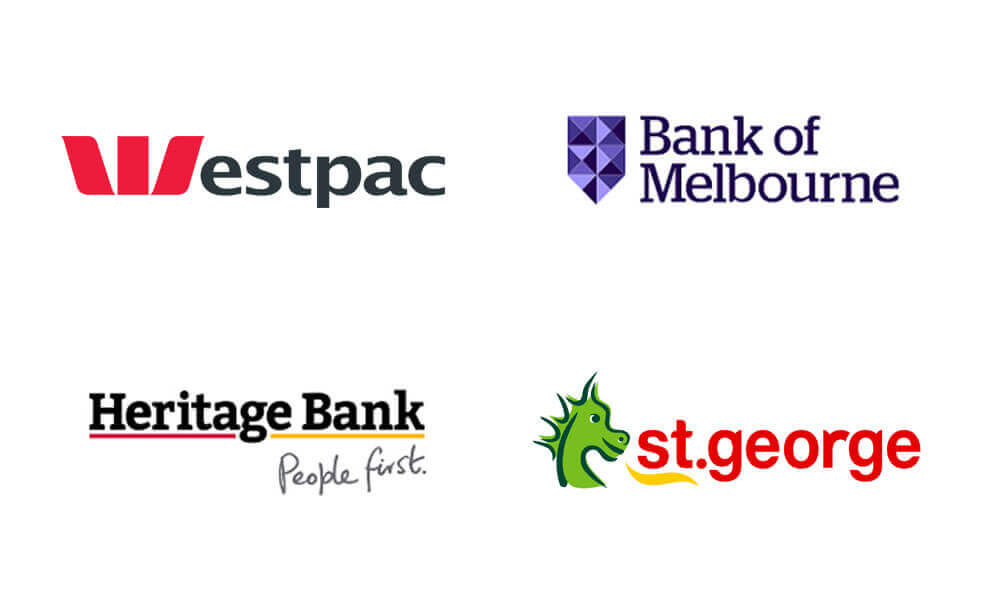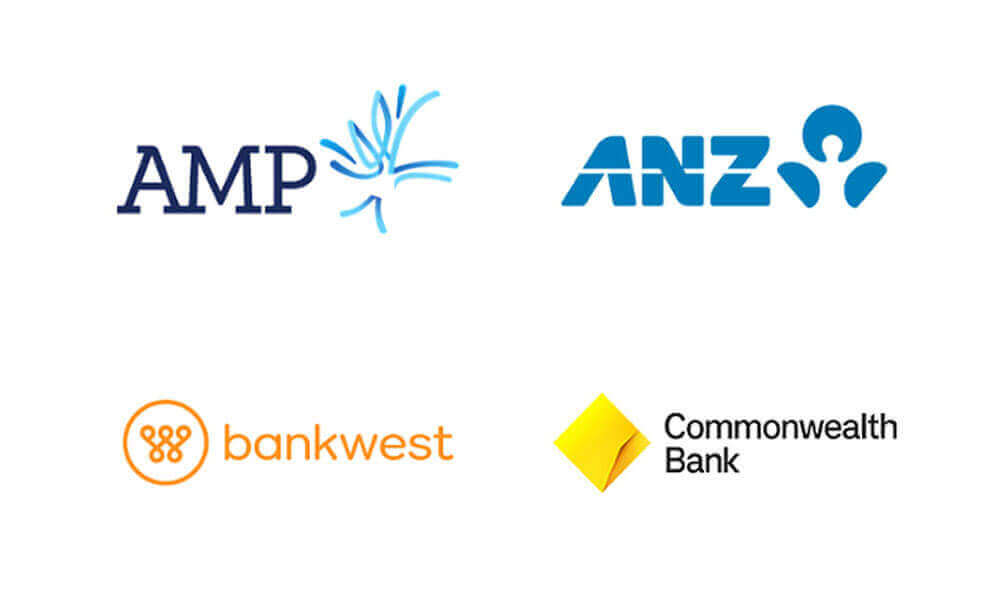While managing your own investment property can seem like a simple way to keep more of the rent flowing towards the mortgage, there’s a little more to it than making sure the house is standing and collecting the money.
Managing your investment property appears pretty straightforward: you find a tenant, they pay rent and you keep a close eye on your asset. It’s cheaper, and may suit people with the know-how and available time necessary to sustain a financially viable real estate asset.
If you have a reliable tenant willing to pay market rates and you know how to protect your rights and your tenant’s rights in the event of a mishap, chances are your investment will run smoothly. But there are some very important factors to consider before donning the managerial hat.
Firstly, there’s a lot of legislation in place to protect tenants and landlords. If you don’t have the means to become familiar with the law, running the books on your own might not turn out well. Knowledge of the legislation is an important skill in managing your property as it is something that you may continuously encounter breaches and other issues. A professional property manager will have the experience and knowledge to guide their client as to each case and what the likely and fair outcome should be.
DIY property managers also need to manage lease agreements, rental payment authority, bond lodgement forms and property inspection reports. In the case that something goes wrong, the correct implementation of these documents could be the difference between a win or loss at the relevant tenancy tribunal.
Property managers also market the premises in order to ensure that you get a good price, and the property may be more appealing simply because renters know they will be dealing with a professional rather than an owner.
Prospective tenants prefer to deal with an agent. They tend to shy away from self-managed properties because they like to have the middle-man.
While self-managing is right for some, having a professional, trustworthy manager available to handle inquiries, damage or a broken lease can pay off for other owners. It all comes down to whether or not you can commit the time and effort needed to ensure your investment needs are met, as well as the rights of your leasing tenant.
Remember, as your mortgage broker, we’re here to help. In addition to making sure your investment loan is right for you, we can also offer referrals to professionals for your team (it’s always a good idea to get professional legal and tax advice). So, if you’re thinking about becoming a landlord, please give us a call today!









